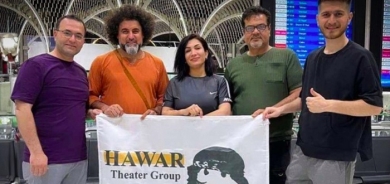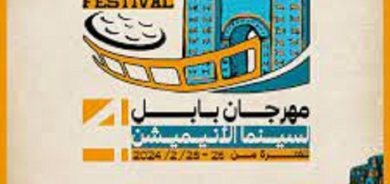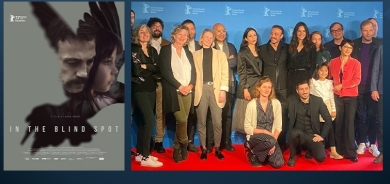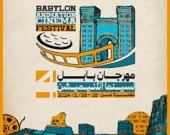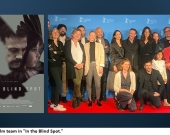Evan Roth: the badass artist hacking popular culture

The 35-year-old artist and activist has spent his career hacking everything from the internet to public space to popular culture. Getting Google to recognize him as the top search result for "bad ass mother fucker" is just one in a line of clever cultural coups.
Over the past five years, Roth has helped develop a laser-graffiti system, created a new form of airport X-ray communication, assembled an army of gifs to Occupy the Internet, and hacked his internet cache to create digital "self-portraits." Earlier this year, F.A.T. Lab, the artist and technologist collective he co-founded in 2007, held an anniversary show in New York, which featured a fake Google driverless car and a browser plug-in that erases Justin Bieber from the internet, among other provocative projects.
Whether working with F.A.T. Lab or flying solo, Roth's work looks to engage the audience with larger issues of technology and the arts through a veneer of lighthearted irreverence.
“[I like] the idea that you can make entertaining content, but it can also have a bite, it can also have an edge, it can also say something,” Roth says.
F.A.T. Lab’s parody of the rumored Google self-driving car is a prime example of the fun, satirical nature of much of their work. The group garnered mainstream media attention by cruising around Manhattan in the tricked-out car (complete with fake decals and roof-piece), staging accidents, driving over cones, and, at one point, doing donuts in front of Google’s New York offices.
All of this may seem like little more than an elaborate prank on the surface, but Roth hopes it causes some people to question their preconceptions about the role of technology in their lives.
“It’s meant to be a very fun piece. It’s meant to be a piece where you could just watch the video and enjoy it for what it is. But it’s also meant to get people asking bigger questions, like: ‘I thought Google isn’t evil, so why is someone doing this? Why should I be thinking about this?’” he says.
Roth adds that F.A.T. Lab projects are most successful when the issues they raise break out from the arts and technology communities and get discussed in larger circles – which is more likely to happen if you add a bit of fun.
“I think people are more likely to click on your YouTube video if they’re interested in being entertained as opposed to just interested in the politics,” he says. “The way we approach the work is that it’s meant to be fun for us, but, on the other hand, the audience has to be having fun with us. I think there’s more room for humor and fun in activism and I think theres more room for humor in the arts.”
Another common thread running through Roth’s work – and that of his fellows at F.A.T. Lab – is a hacker philosophy.
“Release early, release often,” the motto of 1990s open-source software development, has been appropriated by F.A.T. Lab – with a twist. “Release early, often, and with rap music,” the collective’s tag line implores.
“For me [open source] ideas really resonated outside of just making software,” Roth says. He subscribes wholeheartedly to the idea of maximizing cultural impact with the least amount of effort – an idea that came from code.
“How much impact can you have with the least lines of code – that was important to hackers. But I think that same kind of thinking applies to making anything. I’m using it to make artwork, but I think it can be applied to any creative pursuit,” he says.
Roth’s independent work isn't always as mischievous as his F.A.T. Lab collaborations, but it often engages similar topics, like technological overreach, online ownership and the ephemerality of the web.
His recent Cache Self Portrait series deals with the hidden data that passes through our browsers every day. While most of us never see our cache, Roth has altered his computer’s local drive to save every image that is downloaded, without overwriting. He assembles the thousands of images – everything from website logos to Google map directions and banking information – into "a sort of portrait, in this case of me."
"But, in the end," he adds, the pieces are also "a portrait of the internet – this thing that is touching everyone right now but is also constantly changing.”
Roth took time off from preparing for his upcoming show at XPO, a technology-centric art gallery in Paris, and tending to his one-month-old daughter to give us a Status Update:
What was your first screen name?
ni9e
What is your favorite smell?
Ground coffee.
Who would you invite to your ideal dinner party?
Jay Z.
What were you doing at midnight last night?
Trying to get my newborn daughter to sleep.
What did your last text message you received say?
"Good, but she has been feeding non-stop. How is the shop?"
What is a word you say a lot?
.com
What is the last song you listened to?
Max Romeo, Macabee Version.
The Gaurdian


